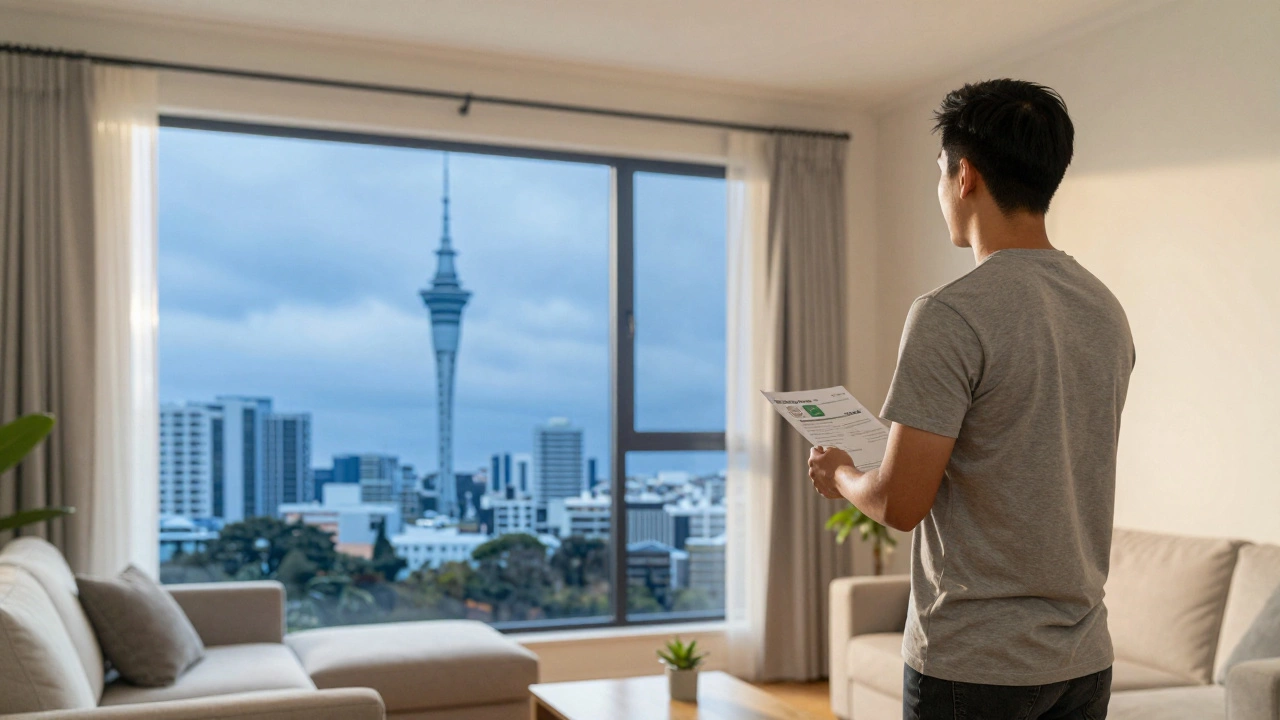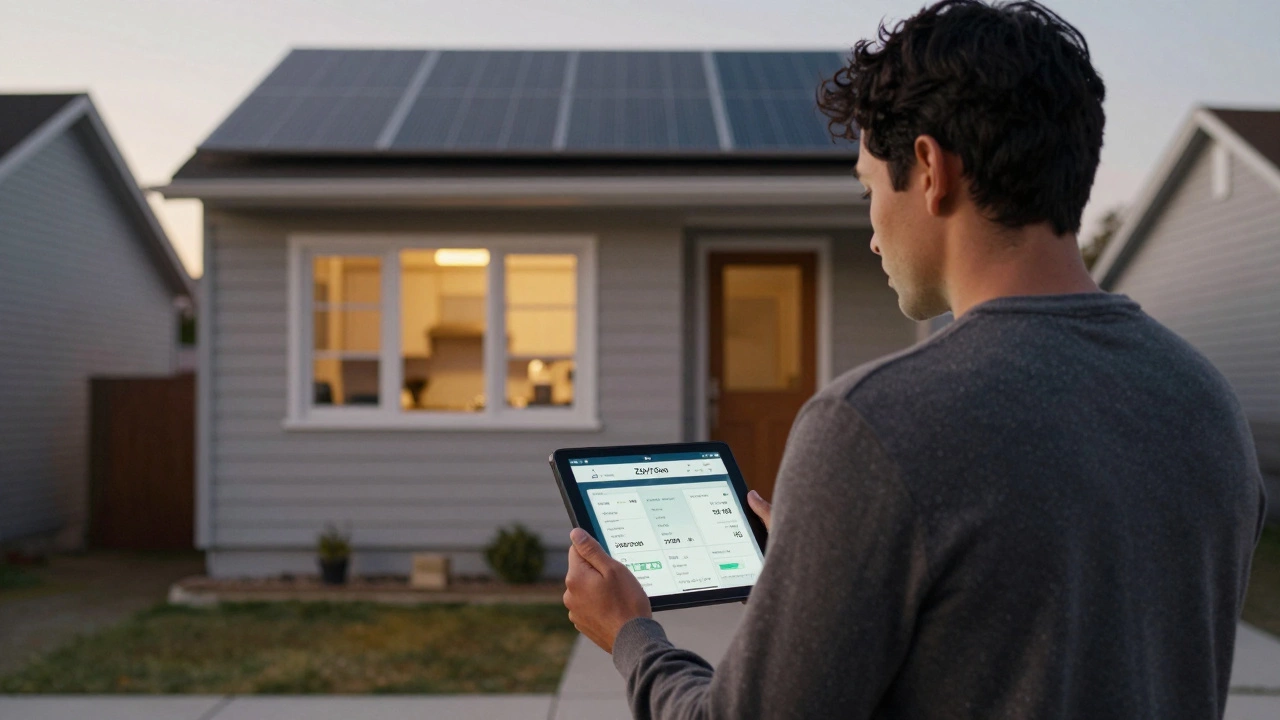Property Value: How to Gauge and Increase Your Home’s Worth
If you’re staring at your front door and wondering what it’s really worth, you’re not alone. Knowing the value of your property helps you plan a sale, refinance, or even decide if a remodel is worth the money. Below you’ll find a simple way to figure out your home’s price and a few easy fixes that can boost it.
What Determines Property Value?
First, look at the basics: location, size, condition, and recent sales nearby. A house in a good school zone or close to transport usually fetches more. Bigger floor plans bring higher prices, but only if the extra space feels usable. Condition matters too – a fresh paint job or a new roof can add value without a huge investment.
Next, think about the market. When there are more buyers than homes, prices rise. When sellers outnumber buyers, prices can drop. You can check recent sales on sites like Rightmove or Zoopla to see what similar homes sold for in the last three months. Those numbers give you a realistic starting point.
Don’t forget the intangible factors. A quiet street, a well‑kept garden, or a modern kitchen can set your home apart. Buyers often pay extra for a property that feels move‑in ready. On the flip side, visible repairs or an outdated layout can push offers lower.
Ways to Boost Your Property’s Value
While big extensions can raise price, they also cost a lot and take time. If you want quick gains, start with low‑cost upgrades. Fresh paint in neutral colours brightens rooms and appeals to most buyers. Updating kitchen hardware – new handles, a sleek faucet – can make an old kitchen look newer.
Second, improve curb appeal. A clean driveway, tidy hedges, and a fresh front door coat make a strong first impression. Many buyers decide within minutes whether they’re interested, so a tidy exterior can add a few thousand pounds to the final offer.
Third, consider energy efficiency. Adding double‑glazed windows, LED lighting, or a smart thermostat shows buyers you’ve thought about running costs. Energy‑saving features often translate into higher bids because they lower future bills.
Finally, declutter and stage rooms. Remove excess furniture, store away personal items, and arrange sofas to create a flow. A well‑staged home helps buyers picture their own life there, which can push the price up.
Remember, each improvement should make sense for your area. In some neighborhoods a new garden fence adds value, while in others buyers care more about internal upgrades. Check local listings to see what features are common in higher‑priced homes.
Once you’ve made changes, get an updated valuation. You can ask a local estate agent for a free market appraisal or book a professional surveyor. Their report will confirm whether your upgrades paid off and help you set a realistic asking price.
Bottom line: understanding the key drivers of property value – location, size, condition, and market trends – gives you a clear picture of where you stand. Simple, inexpensive upgrades and good staging can push that number higher without breaking the bank. Use these tips, keep an eye on local sales, and you’ll be ready whether you’re selling soon or just want to know your home’s worth today.


